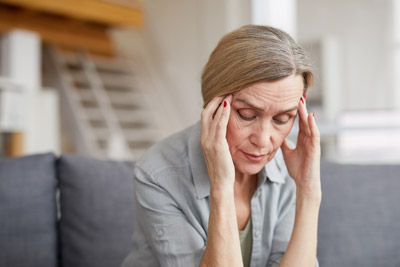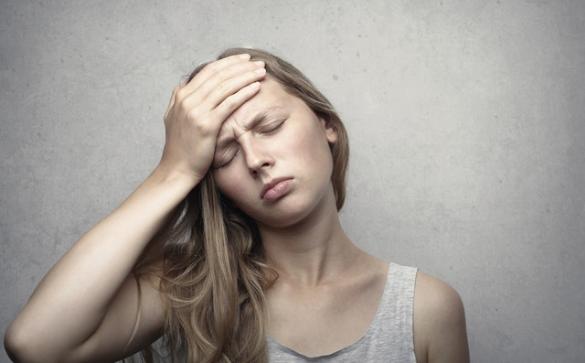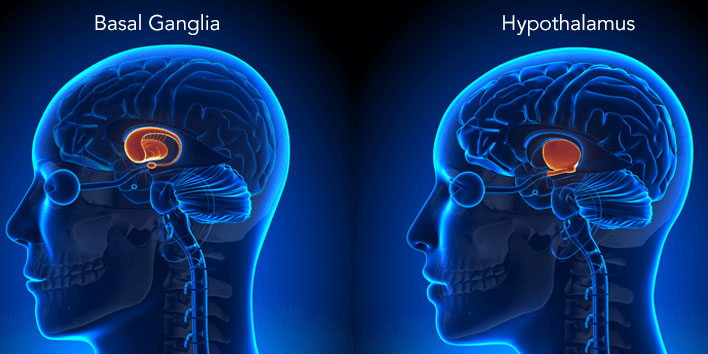A concussion is a traumatic brain injury that occurs when the brain is shaken or jolted inside the skull. Various things, such as falls, car accidents, and sports-related injuries, can cause concussions. While most people who suffer a concussion recover fully within a few days to a few weeks, some may develop post-concussion syndrome (PCS). PCS is a condition that can occur after a person suffers a concussion and is characterized by a wide range of symptoms that can make it difficult for a person to function in their daily life.
It is also important to understand that some individuals may not experience symptoms immediately after the concussion; they may develop symptoms weeks or months later. This is why it is important for anyone who has suffered a concussion to be aware of the possibility of PCS and seek medical attention if symptoms develop later. Another important aspect to consider is that a person with a history of concussions may be more susceptible to developing PCS. Additionally, older adults and children may be at higher risk for developing PCS.
Causes of PCS:
The cause of PCS is not well understood, but it is thought to be related to the changes that occur in the brain after a concussion. Some of the changes that may occur in the brain after a concussion include inflammation, swelling, and changes in the levels of neurotransmitters. These changes can lead to the development of symptoms that are associated with PCS.
Symptoms of PCS:
The symptoms of PCS can vary from person to person, but some common symptoms include:

- Headaches: People with PCS may experience headaches that are similar to migraines.
- Dizziness: People with PCS may experience dizziness or balance problems.
- Fatigue: People with PCS may experience fatigue or a lack of energy.
- Difficulty sleeping: People with PCS may have difficulty falling asleep or staying asleep.
- Difficulty concentrating: People with PCS may have difficulty concentrating or remembering things.
- Irritability: People with PCS may experience irritability or mood swings.
- Depression: People with PCS may experience depression or anxiety.
- Sensitivity to light and sound: People with PCS may be more sensitive to light and sound than before the concussion.
Diagnosis and Treatment of PCS:
PCS is diagnosed by taking a detailed medical history, performing a physical examination, and conducting cognitive and neurological testing. Some of the tests that may be used to diagnose PCS include:
- Neuropsychological testing: This type of testing assesses a person's memory, attention, and other cognitive abilities.
- MRI or CT scan: These tests can rule out other injuries or conditions that may be causing the symptoms of PCS.
There is currently no cure for PCS, and the treatment for PCS is focused on managing the symptoms. Some of how PCS can be treated include:
- Medications: Medications such as pain relievers, antidepressants, and anti-anxiety medications can be used to help manage the symptoms of PCS.
- Cognitive and physical therapy: These therapies can help to improve cognitive function and physical function.
- Rest: People with PCS need to get plenty of rest.
- Avoiding activities that may worsen symptoms: People with PCS should avoid activities that may worsen their symptoms, such as sports or other high-impact activities.
- Counselling: Counseling can help people with PCS cope with the condition's emotional and psychological effects.
Conclusion:
Post-concussion syndrome (PCS) is a condition that can occur after a person suffers a concussion. It is characterized by a wide range of symptoms that can make it difficult for a person to function daily. The cause of PCS is not well understood, but it is thought to be related to the changes that occur in the brain after a concussion. Symptoms of PCS include headaches, dizziness, fatigue, difficulty sleeping, difficulty concentrating, irritability, depression, and sensitivity to light and sound.

PCS is diagnosed by taking a detailed medical history, performing a physical examination, and conducting cognitive and neurological testing. There is currently no cure for PCS, and the treatment for PCS is focused on managing the symptoms. Treatment options include medications, cognitive and physical therapy, rest, avoiding activities that may worsen symptoms, and counselling. It's important for individuals who suspect they have PCS to seek medical attention as soon as possible, as early diagnosis and treatment can improve the chances of recovery and can help to reduce the severity of symptoms.
It's also worth noting that PCS can be a chronic condition that can last for months or even years. In some cases, the symptoms can be severe enough to affect a person's ability to work or perform daily activities. Therefore, it's important for healthcare professionals and society, in general, to understand and acknowledge the condition and support individuals with PCS as they manage their symptoms and work towards recovery.




